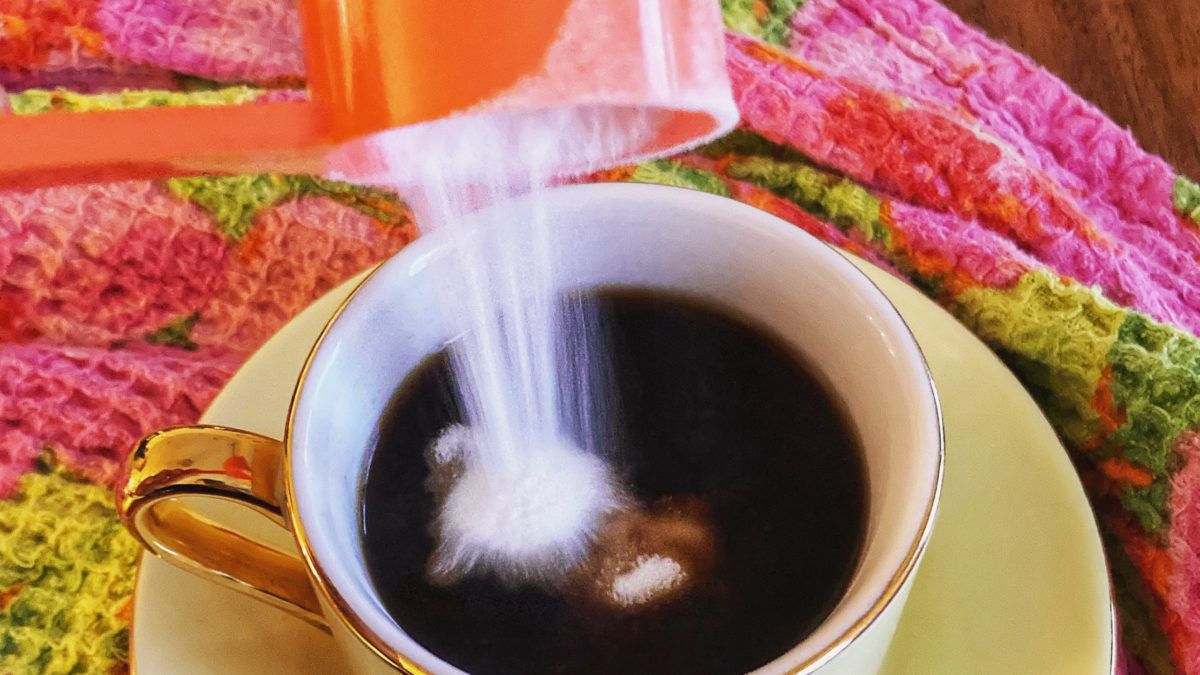Dietary collagen has been shown to have lots of potential health benefits:
- Slow aging by reducing wrinkles and dryness (1)
- Reduction in wrinkle depth (2)
- Improve symptoms of osteoarthritis and reduce joint pain (3, 4)
- Reduce bone loss and prevent osteoporosis when combined with calcium (5)
- Increased bone density (6)
- May boost muscle mass when combined with resistance training (7)
- Increase HDL (good cholesterol) and reduce artery stiffness (7)
Despite the benefits we do know, there are many things not yet supported by evidence. Overall more research needs to be done!
Not supported but not refuted by evidence:
- Helping to prevent acne and other skin conditions
- Improvements to gut health
- Increased metabolism and weight loss
Things that damage collagen:
- Smoking (9)
- Too much sugar and refined carbs (10)
- Too much sun exposure (11)
Collagen has shown to not have any associated risks and appears to be safe for most people though some experience fullness and heart burn. If you take collagen supplements and notice any side effects be sure to consult your doctor.
While we can get collagen from the diet, the body also makes it if you provide your body with the right building blocks! In order to promote collagen production in the body ensure that you’re consuming complete proteins and adequate vitamin C. Even though humans produce collagen, getting it through diet is beneficial because as we age we produce less and lower quality collagen.
Collagen comes from the connective tissue of animals, animal skin and bones are a good source of collagen. Foods like bone broth that contain gelatin provide collagen. If you notice a gel on refrigerated stock, bone broth, or other animal product, that’s gelatin!
Bone broth has become popular in the last few years but collagen powder is another great way to add more collagen to your diet. It is easily added to any liquid and is flavorless. It mixes into hot liquids better than cold so I usually add it to my morning coffee. Adding collagen powder to soups and sauces is very easy but I’ve mixed it into foods like mashed potatoes or oatmeal as well.
Sources:
- Skin anti-aging strategies
- Effects of a nutritional supplement containing collagen peptides on skin elasticity, hydration and wrinkles
- Collagen hydrolysate for the treatment of osteoarthritis and other joint disorders: a review of the literature
- Collagen supplementation as a complementary therapy for the prevention and treatment of osteoporosis and osteoarthritis: a systematic review
- A calcium-collagen chelate dietary supplement attenuates bone loss in postmenopausal women with osteopenia: a randomized controlled trial
- Specific Collagen Peptides Improve Bone Mineral Density and Bone Markers in Postmenopausal Women—A Randomized Controlled Study
- Collagen peptide supplementation in combination with resistance training improves body composition and increases muscle strength in elderly sarcopenic men: a randomised controlled trial
- Effect of Collagen Tripeptide on Atherosclerosis in Healthy Humans
- Smoking affects collagen synthesis and extracellular matrix turnover in human skin
- Nutrition and aging skin: sugar and glycation
- Mechanisms of Photoaging and Cutaneous Photocarcinogenesis, and Photoprotective Strategies with Phytochemicals

